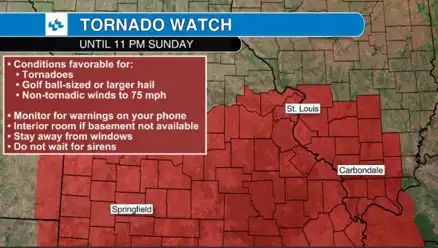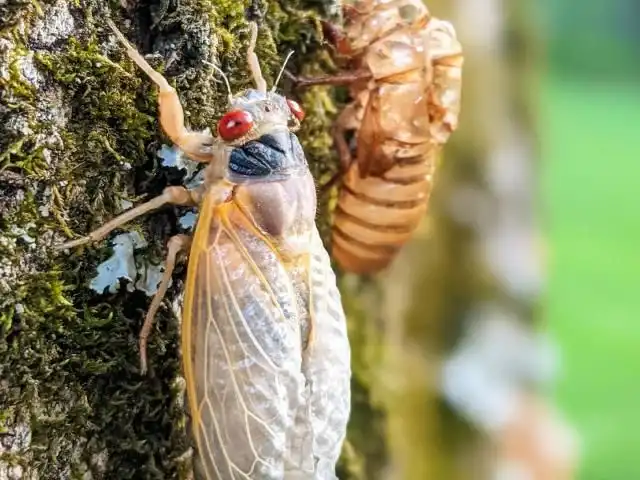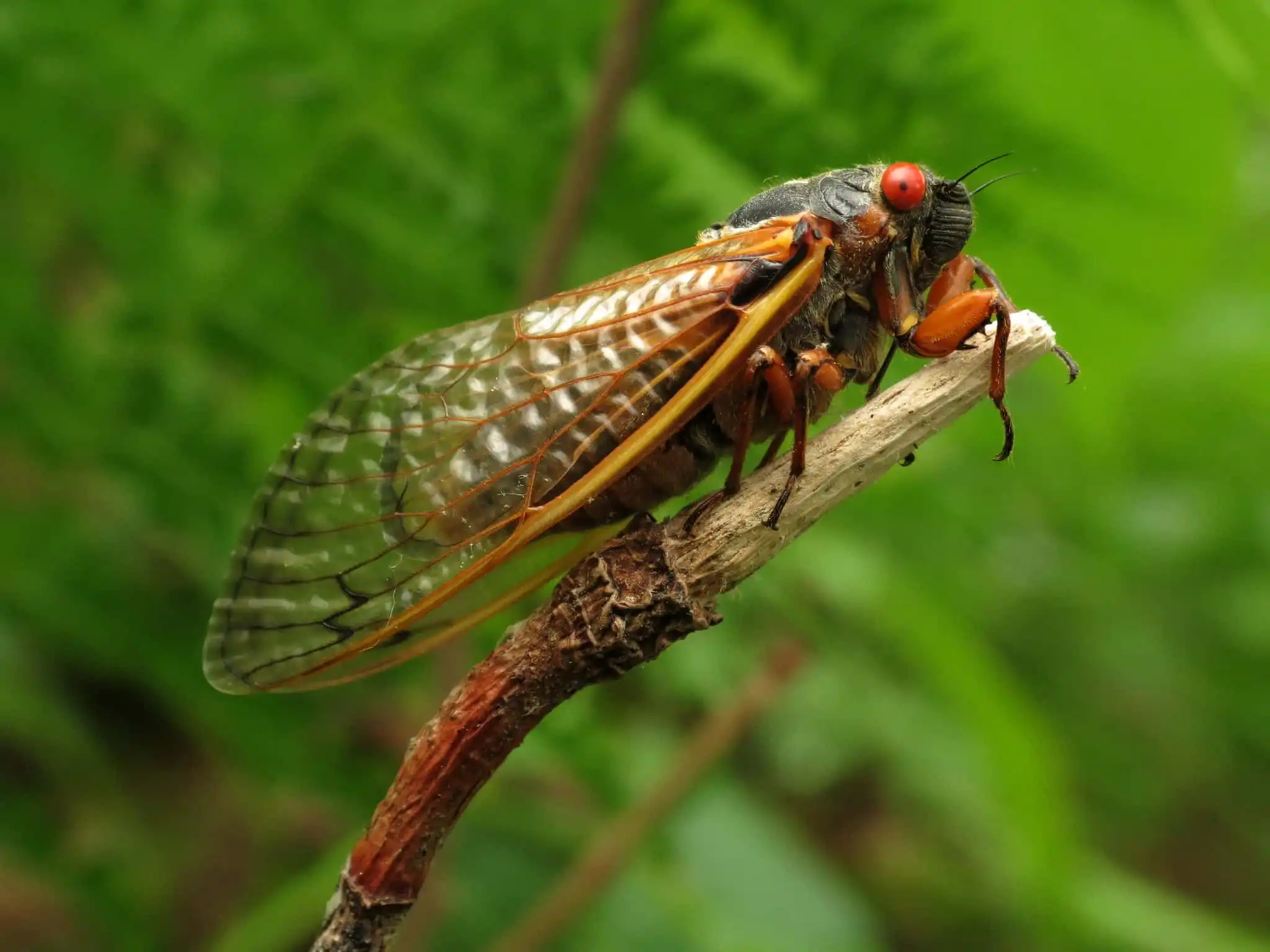
Tornado Watch St. Louis 11 p.m. Sunday night
Tornado Watch in St. Louis until 11 p.m. Sunday. Stay safe with tornado safety plan and alerts on mobile devices. #StLouisWeather
7939 NW 21st St
Miami, Florida

Tornado Watch in St. Louis until 11 p.m. Sunday. Stay safe with tornado safety plan and alerts on mobile devices. #StLouisWeather

University of Maryland cookbook offers recipes to make a full meal of cicadas, a crunchy, nutty bug that's surprisingly delicious.

Durham County Sheriff's Office warns residents of cicadas' siren-like sounds. Record number emerging this year. Noise expected until June.

Unique cicada recipes for adventurous eaters, from beginner tacos to advanced boil. Just avoid if allergic or pregnant. Enjoy!

Trillions of cicadas emerge after 13 or 17 years underground, creating a deafening chorus in a rare synchronized event.

NYC earthquake sparks conspiracy theories, Rep. Greene claims God is sending signs. Are we all doomed? Repent now. God hates us.
Have you ever found yourself in the midst of a warm summer night, serenaded by an overwhelming but oddly harmonic buzz? Those my friends are cicadas, nature's very own bug band. Cicada news, burgeoning with information about these intriguing insects, encompasses a diverse range of content from their life cycle to the environmental impact they have.
"But why should I tune into cicada news?" you might ask rhetorically. Well, let me tell you that these creatures are nothing short of fascinating! Every few years—17 or 13 depending on the type—they emerge en masse from underground in what is known as a 'brood'. It’s like they've been throwing an underground party for nearly two decades and then decide to come up for air and take over our trees—and headlines!
The topics within this buzzing category often explore how different regions prepare for these insect festivals; some communities embrace them while others brace themselves. News can dive into the scientific wonders behind their long dormancy period or explain why after such secretive lives spent sucking tree roots in darkness, adult cicadas feel compelled to scale our trunks and sing at deafening decibels.
Besides lifestyle pieces dissecting cicada cuisine (yes, people do indeed eat them), there can be updates on ecological studies detailing their role as prey and pollinators. Sure enough, researchers revel in discovering each brood's unique traits. Moreover, experts may weigh-in commenting on climate change impact since shifts in weather patterns uncannily affect when and how cicadas make their grand entrance.
To wrap things up with an analogy sweeter than sap for those tree-dwelling songsters: if we think of Mother Nature as a seasoned conductor orchestrating lifecycles with precision—a crescendo here, a diminuendo there—then surely cicadas play one booming note that echoes through her symphony far too loudly to ignore!